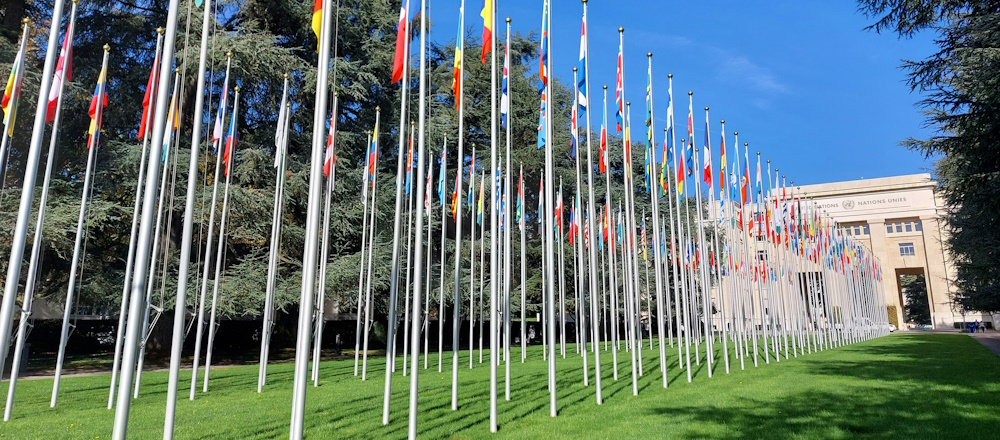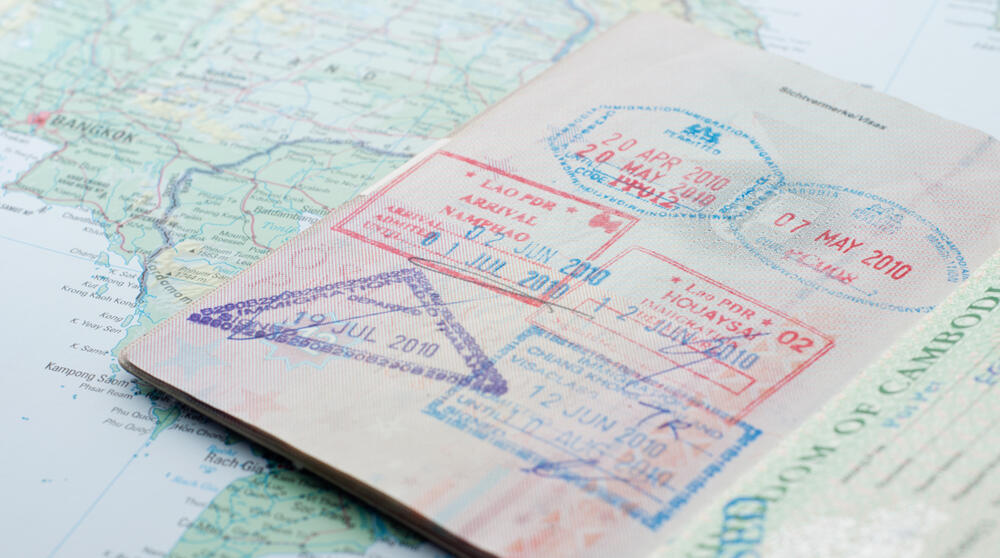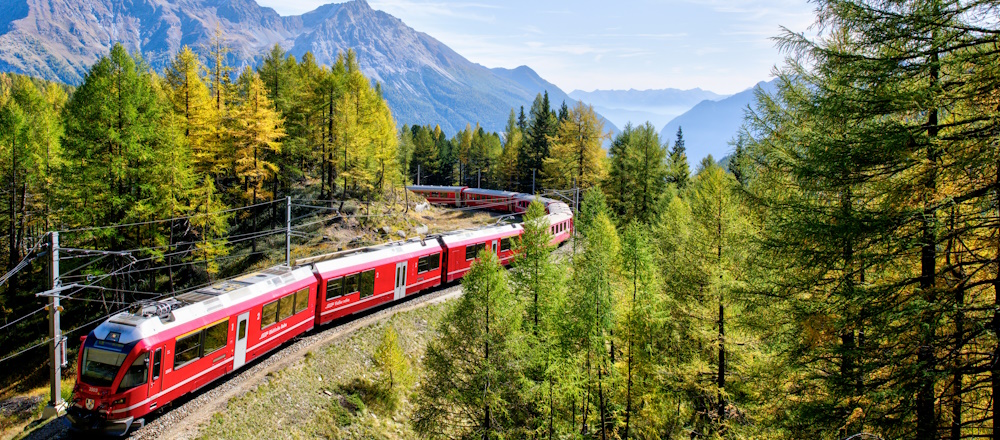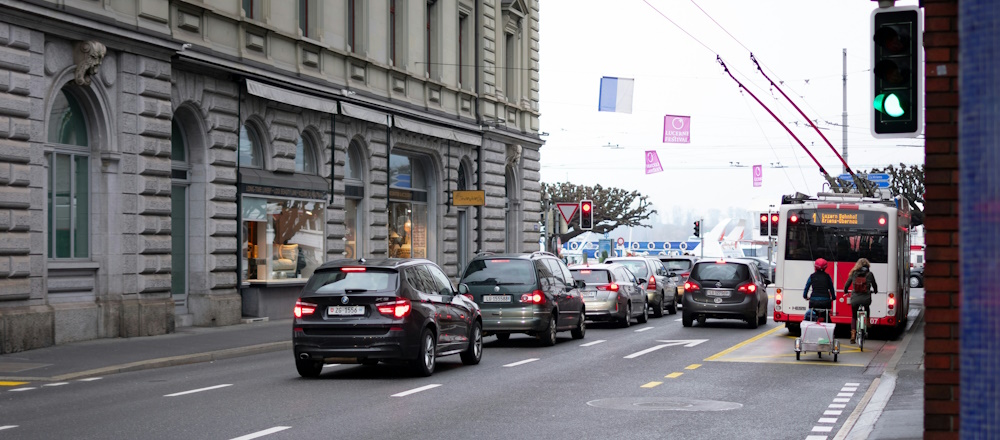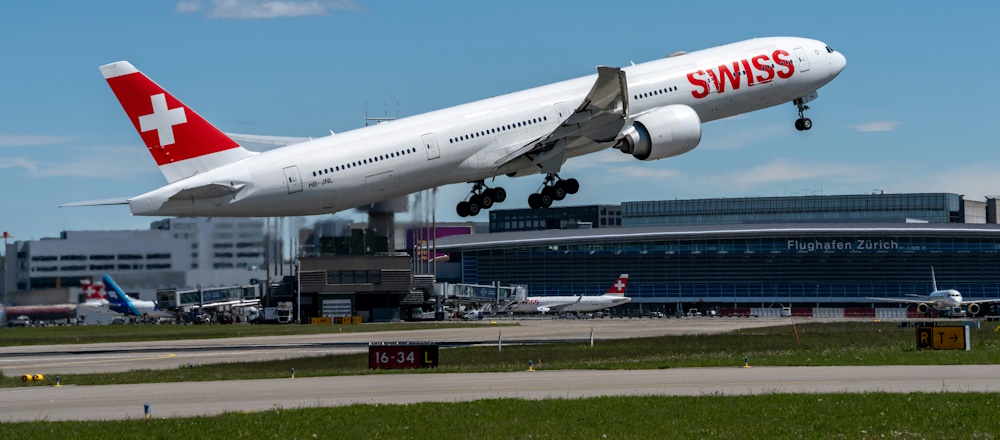Living in Switzerland as an expat
Switzerland is known for its orderly way of life, stunning mountain scenery, and culture of precision. From the pristine streets of Zurich to the breathtaking mountain views, life in Switzerland is an experience like no other.
The country attracts a skilled workforce, particularly in finance, pharmaceuticals, and technology. High salaries reflect a strong economy, and a well-balanced approach to work ensures you can make the most of daily life.
Switzerland is a multilingual country with four official languages – German, French, Italian, and Romansch. Each canton has its own laws and systems, so understanding the region you’re moving to will help you settle in faster.
Adjusting to Swiss culture takes time. Punctuality is a cornerstone of both social and professional life, and strict regulations govern everything from recycling to quiet hours. While many Swiss people speak English, learning the local language will make daily life easier, especially when dealing with government services, which often lack English translations.
Expats often find that social life in Switzerland is polite but reserved. While Geneva and Zurich have large international communities, making local friends can take time. Joining clubs, attending local events, or engaging in outdoor activities can help build connections.
Zurich City Guide
Geneva City Guide
Basel City Guide
Working in Switzerland

The Swiss job market is strong, particularly in high-demand sectors such as IT, banking, pharmaceuticals, and engineering. Unemployment rates are low, and salaries are among the highest in the world. Securing a job in Switzerland as an expat can be challenging, especially for non-EU citizens who must meet strict visa and work permit requirements.
Swiss workplaces follow a structured hierarchy, but teamwork is valued. Meetings are formal, and punctuality is expected. Employers appreciate professionalism and efficiency; direct communication is the norm in business settings.
Swiss companies promote work-life balance by maintaining clear boundaries between office hours and personal time. Although salaries are high, the cost of living – especially in cities like Zurich and Geneva – requires careful financial planning.
If you’re a non-EU citizen looking for work, be aware that employers must prove that no suitable Swiss or EU candidate is available before hiring you. Work permits operate on a quota system, with different types of permits based on employment duration and residency status.
Finding a Job in Switzerland
Visas and Residence Permits in Switzerland
Finding accommodation in Switzerland
Finding a place to live in Switzerland can be one of the biggest challenges for newcomers. The rental market is highly competitive, particularly in Zurich and Geneva, where vacancy rates are below one percent. Expats often need to apply for multiple listings before securing a lease.
Landlords tend to favour tenants with long-term employment contracts and a strong financial background. Be prepared to provide proof of income, a work contract, a residence permit, and sometimes even a debt statement. Rental contracts are typically in German, French, or Italian, so having a local contact or legal assistance can be helpful.
Rental prices differ across Switzerland. City-centre apartments are expensive, but suburban areas and smaller towns provide more affordable options with extra space. Furnished apartments are available but tend to cost more than unfurnished options.
Renting Accommodation in Switzerland
Best Places to Live in Zurich
Best Places to Live in Geneva
Cost of living in Switzerland
The cost of living in Switzerland is among the highest in the world. Rent, groceries, health insurance, and public transport contribute to high monthly expenses. Cities like Zurich and Geneva consistently rank as some of the most expensive places to live, but even in smaller cities, costs can be substantial.
Many expats find ways to manage costs effectively. Some live in bordering regions while working in Switzerland, taking advantage of lower housing and grocery prices in neighbouring France or Germany. Shopping across the border can reduce grocery bills by up to 40 percent.
Cost of Living in Switzerland
Getting around in Switzerland

Switzerland’s public transport runs like clockwork, with trains, trams, and buses operating with remarkable precision. Even the country’s remote areas are well connected.
Major cities like Zurich, Geneva, and Basel have extensive tram and bus networks, making cars unnecessary for most residents. On the downside, Switzerland’s fares are high compared to other European countries. Use travel passes to reduce costs if you commute regularly.
If you plan to drive, be aware of strict traffic laws and high vehicle costs. Speeding fines are steep, and a motorway vignette is required to use Switzerland’s highways. For many residents, public transport is the most convenient and cost-effective way to get around.
Public Transport, Driver’s Licences and Driving in Switzerland
Living in Switzerland with children
If you’re raising a family, Switzerland offers an exceptional environment for children. The country’s low crime rate, clean air, and abundance of green spaces make it an ideal place to grow up. Work-life balance is taken seriously, meaning you’ll have time to enjoy family life alongside your career.
Outdoor activities play a big role in Swiss family life. Hiking, skiing, and swimming in the country’s pristine lakes are popular pastimes. Family-friendly attractions, such as adventure parks, zoos, and scenic train rides, provide year-round entertainment.
While Switzerland has a world-class public healthcare system, childcare can be costly. Daycare costs vary by canton, with subsidies available depending on income. Many expats opt for private childcare services or employ nannies for greater flexibility.
Healthcare and Medical Insurance in Switzerland
Finding a school in Switzerland
Education in Switzerland is highly regarded, with a variety of schooling options for expat families. Public schools provide a strong academic foundation and are free, but the local language of instruction may be a challenge for non-native speakers. Private and international schools cater to expat children by offering curricula such as the International Baccalaureate (IB), British, or American systems.
Bilingual schools offer a middle ground, allowing students to learn in both English and the local language, easing integration while maintaining international academic standards. These schools are an excellent option for families planning a long-term stay.
School and Education for Expats in Switzerland
Climate and weather in Switzerland
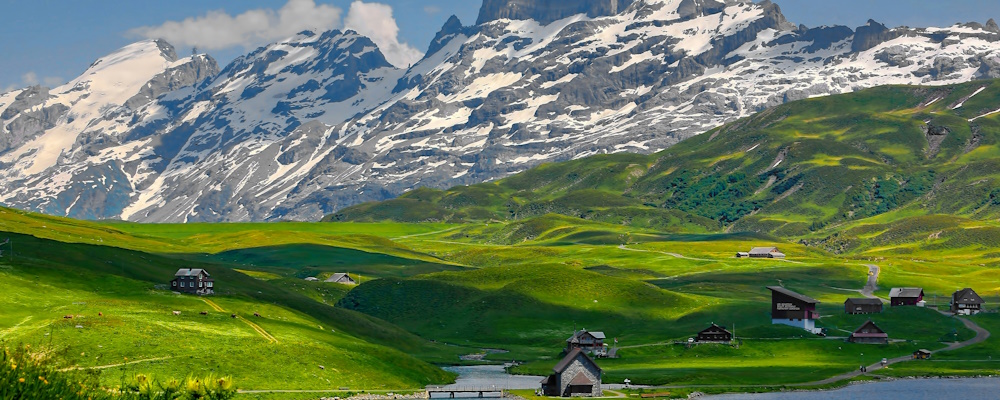
Switzerland’s climate varies significantly by region and altitude. Zurich and Geneva enjoy mild summers and brisk winters, while mountain towns experience heavy snowfall. Ski resorts like Zermatt and St. Moritz get some of the most consistent snowfall in Europe, drawing skiers and snowboarders from across the globe.
Summers are warm but not extreme, with temperatures averaging between 68 and 86°F (20 to 30°C). In southern regions like Ticino, summers can be hot, with a Mediterranean climate bringing plenty of sunshine. Rainfall is more common in summer, with occasional thunderstorms cooling down warm days.
Winter conditions can make driving hazardous, particularly in mountainous areas. Snow chains or winter tyres are often required, and public transport is generally the most reliable option in harsh weather.
Climate Charts for Switzerland
With its well-organised society, stunning mountain regions, and strong economy, Switzerland remains a top choice for expats seeking long-term opportunities.
Fast facts
Population: Approximately 9 million
Capital city: Bern
Neighbouring countries: Switzerland is a landlocked country in Western Central Europe. It shares borders with Italy to the south, France to the west, Germany to the north and Austria and Liechtenstein to the east.
Geography: Switzerland is a mountainous country and is famous for the Alps in the south and southeast of the country. The Swiss Plateau runs along the east-west axis of the country. The smaller Jura Mountains are located on the northwest side of this plateau. Much of the northern border with Germany follows the Rhine River. The eastern border with Germany and some of Austria is connected to Switzerland through Lake Constance, and Lake Geneva is located on the southwest border with France.
Political system: Federal semi-direct democracy under a multi-party parliamentary directorial republic.
Major religions: Christianity is the main religion in Switzerland, but the country is quite tolerant of other faiths, and all religions can be practised freely.
Main languages: Switzerland is home to four national languages. Depending on the area of the country, the predominant language spoken will be Swiss German, French, Italian or Romansch.
Money: Switzerland is not part of the EU and has retained its own currency, the Swiss Franc (CHF). The Swiss Franc is subdivided into 100 rappen (German) or 100 centimes (French). Credit cards are widely accepted, and ATMs are readily available.
Tipping: While there is no obligation to tip in Switzerland, many people do, especially in Zurich, where a 10 to 20 percent tip is common. In other areas, it is acceptable to round up the bill to the nearest 5 or 10 CHF.
Time: GMT+1 (GMT+2 from the last Sunday in March to the last Sunday in October)
Electricity: 230V, 50Hz. Plugs have two or three round pins.
Internet domain: .ch
International dialling code: +41
Emergency numbers: 117 (police), 144 (ambulance), 118 (fire). The general European emergency number (112) can also be used.
Transport and driving: The Swiss drive on the right-hand side of the road. Road conditions and signage are generally good. Expats from certain countries can drive in Switzerland for up to a year, but excellent public transport means that cars aren’t necessary.


